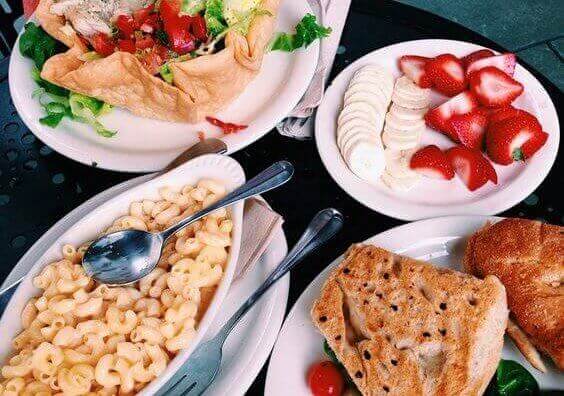Nutrition is one of the most confusing topics, today there is a wide variety of theories, misinformation and views on how we should feed ourselves, which makes most people feel very lost when it comes to losing weight or trying to be healthier. about the main myths about food in this article.
All these myths have been demented by scientific researchers over the years, so these days we can be sure that they should not influence at all the way we eat, you will find an explanation for each of them, you will know why they were rejected and what has changed to get there.
However, before we move on to them, let’s try to answer why there are so many myths around science.
Nutrition, such as psychology or medicine, is a science directly related to humans, so clinical studies that would be ideal often cannot be performed.
This makes knowledge in this area much more difficult to develop than in other fields, such as physics or chemistry, where handling rules are much less restrictive.
Most nutrition research was based on statistics, although the data provided by these mathematical techniques are very useful, they generally do not establish the causes, i. e. most of the time we cannot know why a specific outcome occurred.
This is one of the reasons why there are more myths: until scientific research is done, the data obtained on nutrition will always be incomplete, so this science, young in its development, does not yet have all the answers about what it is. healthy and what isn’t.
This does not exclude that in recent decades there has been an explosion of knowledge in this area, mainly because of concern about the obesity epidemic in developed countries, below we will see what are the main myths that have begun to be considered as so recently.
One of the main myths about eating is that eating too many eggs (especially yolks) can cause many types of problems, this idea was generated by the belief that consuming too much cholesterol leads to an increase in it in our body. That makes sense, doesn’t it?
Well, the latest studies have shown that our cholesterol levels are not as conditioned by food as eggs, today we know that our body produces four times as much of this substance than we can ingest in a day, so the impact of egg consumption on the diet is not very great in this regard. Another topic would be to study the impact of the foods with which we accompany the eggs.
Another major myth about eating is that eating too much fat increases our weight, however, today we know that it doesn’t work exactly like that.
Belief was born by counting the calories of each type of macronutrient: while carbohydrates and proteins contain four calories per gram, fat has nine, so it makes sense to think that if we want to lose weight, we need to eat more than the first. types of nutrients and fewer of the latter.
However, recent studies indicate that, within normal parameters, consumption of fats well integrated into the diet can cause us to lose weight, in fact, this substance is involved in a large number of fundamental weight loss processes, such as testosterone production, a feeling of satiety or the acceleration of basal metabolism (the rate at which we burn calories naturally).
My grandmother always repeated a popular saying that sums up one of the main myths about food: “Drink coffee like a king, have lunch like a prince and dine like a commoner. “This saying is based on the old belief that a very hearty breakfast is essential to function properly throughout the day.
While having a nutrient-rich breakfast can give us more energy throughout the day, the truth is that the typical Western breakfast would serve the exact opposite. When eating cereals or carbohydrates, our body suffers from a number of insulin spikes that provide short-term energy.
In other words, the two options most recommended by breakfast experts are:
You may have been surprised by the reflection we have made here on the myths of food: this reflection goes against what we have traditionally learned about nutrition, but the good thing about science is that it is gradually moving forward with the emergence of new evidence.
Who knows what else we will discover in the future in this area so important to our health?After all, what’s not a myth, no doubt, is that we’re what we eat.

